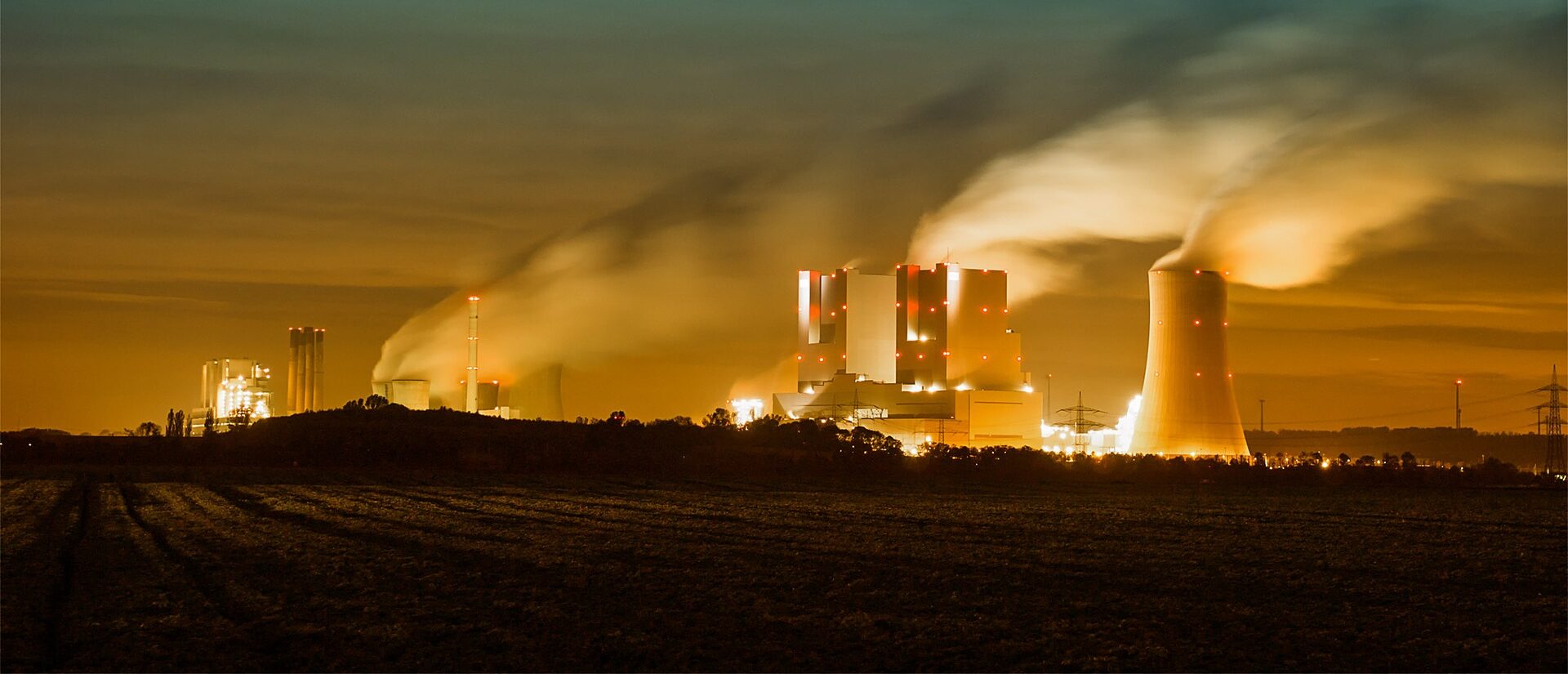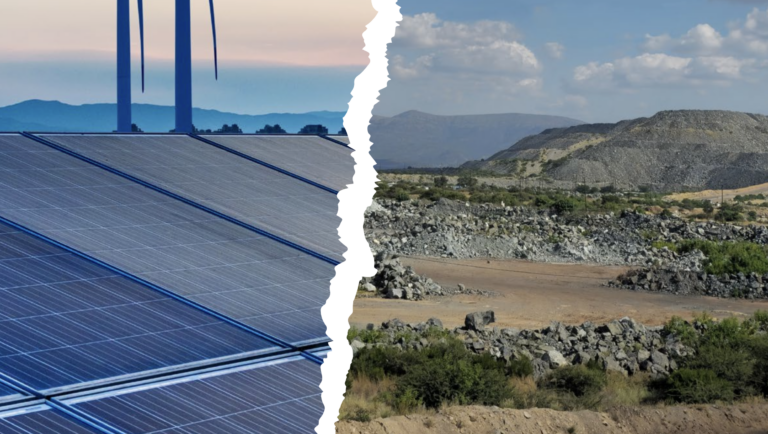
Coal company sues the Netherlands over controversial investment treaty
The German energy company RWE has filed a complaint against the Netherlands because of its regulation banning the use of coal in electricity generation from 2030 onwards. Milieudefensie, SOMO, the Transnational Institute and the Handel Anders! coalition are calling on the Dutch government to abolish the ISDS claim system in the Energy Charter Treaty (ECT) that makes this possible.
See the announcement of the RWE claim(opens in new window)
RWE has already threatened to file a complaint in the past, stating that the company will lose 2 billion euros due to the so-called “coal law”, which the Netherlands wants to use to counter climate change. This is the first time in history that a foreign investor has submitted a claim for damages to the Dutch state based on the investor dispute system ISDS.
Bart-Jaap Verbeek (SOMO): “RWE could have foreseen years ago that measures would be taken to reduce emissions. Still, it willingly decided to put a new coal plant into operation in 2015. Now the company is trying to pass the bill for this decision on to the taxpayer through international arbitration.”
Uniper also threatens to submit a billion-dollar claim
Another German energy company, Uniper, recently announced a similar ISDS claim.
Freek Bersch (Milieudefensie / Friends of the Earth Netherlands): “Fossil companies have earned billions for years because of the lack of climate action. Now that the Netherlands finally wants to put an end to coal, these companies want to see even more money. Such claims make climate action more expensive and more difficult. This slows down climate action and is therefore unacceptable.”
Treaty that protects energy companies
The Energy Charter Treaty is an international treaty among more than 50 countries that regulates and protects trade and investment in, among other things, fossil fuels. The treaty therefore also contains an ISDS clause, which allows investors to submit claims against governments via investment tribunals outside national courts if these investors believe that government policy is damaging their business operations.
The European Parliament wants to halt these climate claims
The Netherlands is not the first country to face a claim. France, Germany, Italy and Spain have also been put under pressure by ISDS claims in the past. According to Handel Anders, the Energy Charter Treaty is one of the most effective means for fossil fuel companies to slow down the energy transition.
Niels Jongerius, researcher at the Transnational Institute (TNI): “The European Parliament recently took a stand against the way the ECT slows down the European energy transition. Italy has already left the treaty. Spain and France are putting European withdrawal on the table as the negotiations for modernisation are on hold. We call on political parties in the Netherlands to support a swift exit from this treaty.”
Do you need more information?
-

Bart-Jaap Verbeek
Researcher
Related news
-
 The Counter: strengthening the fight for climate justice around the worldPosted in category:Long read
The Counter: strengthening the fight for climate justice around the worldPosted in category:Long read Luis ScungioPublished on:
Luis ScungioPublished on: -
The hidden harm of green hydrogen Published on:
 Ilona HartliefPosted in category:Publication
Ilona HartliefPosted in category:Publication Ilona Hartlief
Ilona Hartlief
-



